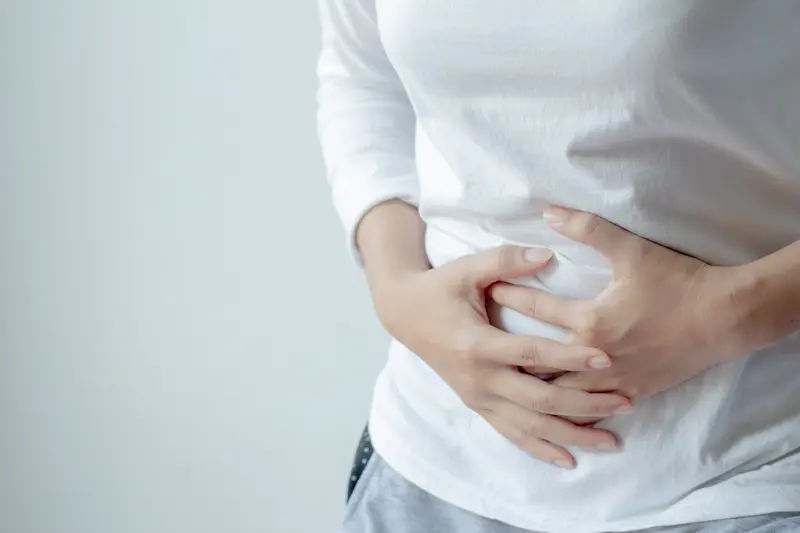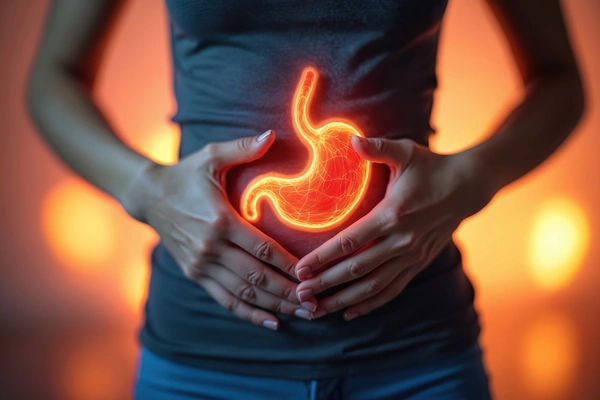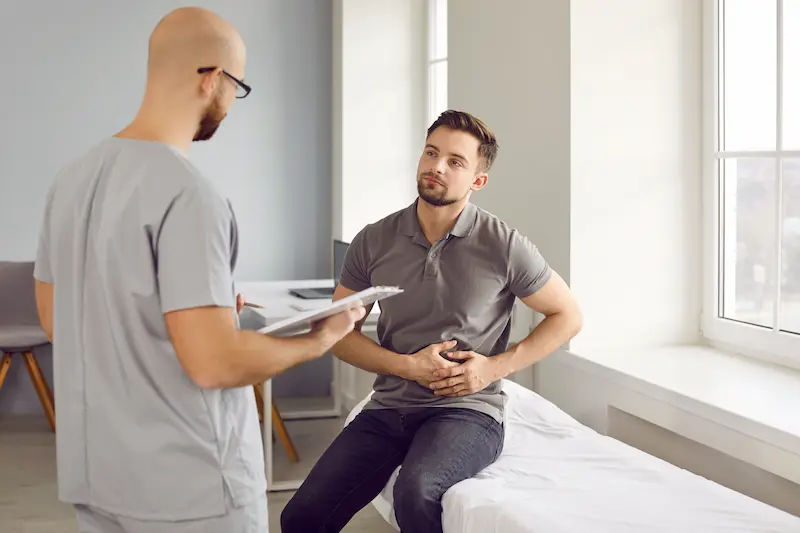- female
- 25 Years
- 29/01/2025
I'm really worried about my friend. She had quite a bit to drink last night like 6 vodka shots and a few whiskies. She vomited then, which seemed like just from drinking too much. But now, it's the next day and she can't keep any food down. Whenever she tries to eat, she pukes it all up. She insists she's okay, but it's really concerning. Is this something to be worried about? Could it be serious?
Answered by 1 Apollo Doctors
Your friend may be experiencing symptoms of alcohol poisoning, which can be very serious. Since she is unable to keep any food down since this morning, it is important to seek medical help immediately. She may need intravenous fluids to rehydrate and medications to help with nausea and vomiting. Please take her to the nearest emergency room as soon as possible for evaluation and treatment.
Dr. Kareemulla Suggests...
Consult a Gastroenterology/gi Medicine Specialist
Answered 04/07/2025
0
0

More Gastroenterology/GI medicine Health Queries
View allI recently got my liver function test results and I'm a bit worried because my SGPT level came back at 49. Is that considered high? Should I be looking into any kind of treatment for this? Also, my SGOT level is 34. Could you help me understand if these numbers are something to be concerned about?
Your SGPT (49) is slightly elevated, as normal levels are typically below 40 UL. SGOT (34) is within the normal range. It's important to discuss this result with your doctor to understand the underlying cause, but mild elevations may not always require treatment. A healthy lifestyle with proper diet and exercise can help maintain liver health.
Answered by 1 Apollo Doctors
I woke up feeling pretty off with bad stomach pain, nausea, dizziness, bloating, and really awful-smelling burps and farts. I haven't actually vomited, but I'm feeling kind of backed up. What's going on with me?
Visit your Physician for evaluation and appropriate management
Answered by 1 Apollo Doctors
I'm having trouble finding Silybon 140 that was prescribed for me to take three times a day. Would it be okay if I instead take two doses of Silybon 70, also three times a day? I'm a bit worried about making sure I get the right amount of medication.
-Yes, you can use two Silybon 70 tablets three times a day as a substitute for Silybon 140, as the total dosage will be the same. However, it's always best to confirm with your doctor or pharmacist before making any changes.
Answered by 1 Apollo Doctors
Disclaimer: Answers on Apollo 247 are not intended to replace your doctor advice. Always seek help of a professional doctor in case of an medical emergency or ailment.





